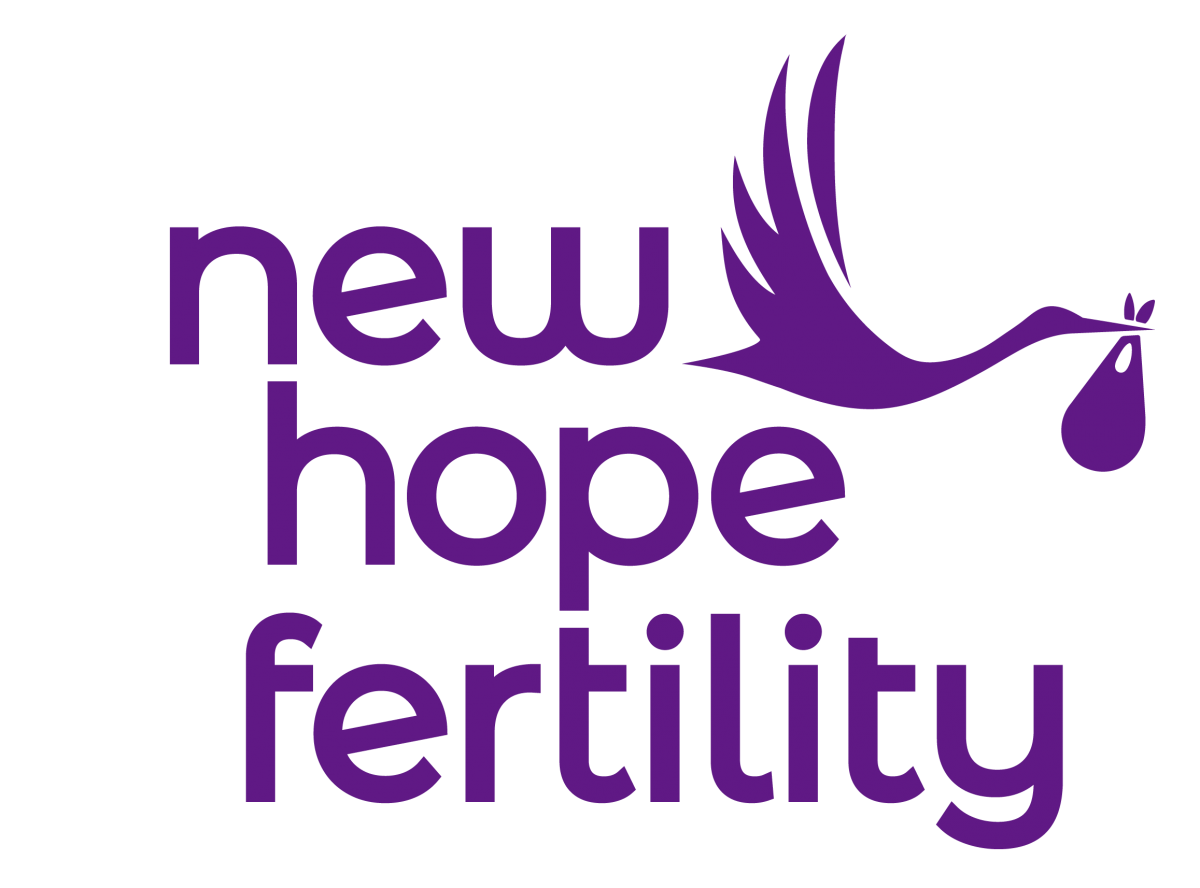As women age, they may feel pressured to start a family to avoid the risk of having trouble trying to conceive. By freezing their eggs, women can focus on other areas of their lives without sacrificing the chance to have a family.
If you want to secure your ability to have biological children in the future, you must know all the options available.
Fertility Preservation Options:
- Egg Freezing
- Embryo Freezing
- Sperm Freezing
Fertility Preservation & Age:
Women are born with all the eggs they’ll ever have. These eggs gradually mature and ovulate over their lifetime.
Freezing young, healthy eggs can eliminate the pressure of family planning while you focus on your career and personal life. Breakthroughs in fertility preservation technology are allowing women to bank healthy eggs before medical treatments, like chemotherapy, which may affect their fertility.
The natural aging process has a dramatic effect on the quality of a woman’s eggs. A woman in her prime reproductive years (the early 20s and early 30s) has the option of freezing her eggs to preserve her future fertility into her advanced reproductive years (mid-30s and early 40s+).
Fertility preservation is good for:
- They are focused on their education and career opportunities.
- Their circumstances in life are not presently conducive to rearing children.
- Have not been able to find their life partner.
- Facing cancer treatment – chemo or radiation – could damage the quality of their eggs and/or harm their ovarian function by sending them into premature menopause.
- Undergoing IVF and are likely to produce excessive eggs, but have ethical or religious concerns over freezing embryos.
Egg Freezing:
Egg freezing is the most common type of fertility preservation treatment for women. The process of egg freezing is as follows:
- Through Mini IVF treatment, a woman’s natural egg production is stimulated with fertility medication into producing quality eggs.
- Typically, 8-10 eggs are produced per fresh IVF cycle.
- The eggs are then surgically retrieved.
- The eggs are cryopreserved using an advanced technique known as vitrification.
Vitrification is a flash-freezing method preventing the formation of ice crystals between the cells forming an egg. Ice crystals can damage an egg’s cells.
Embryo Freezing:
Embryo cryopreservation is commonly used to preserve a couple’s future fertility through IVF and FET (frozen embryo transfer) technology. A couple can increase their chances of conceiving a biologically related child when they are ready to build their family.
The embryo freezing process is as follows:
- Through Mini IVF treatment, a woman’s ovaries are stimulated with fertility medication to produce quality egg follicles.
- The eggs are then surgically retrieved.
- The eggs are fertilized in vitro with sperm via ICSI (Intracytoplasmic Sperm Injection).
- The resulting embryos are monitored for development in vitro for up to 5 days.
- High-quality embryos are selected and cryopreserved using the vitrification method.
- When thawed, the embryos are then transferred to the woman’s uterus.
Sperm Freezing:
Sperm freezing has been established as the optimal method of preserving a man’s future fertility. Cryopreserved through the vitrification method in vials, thawed sperm can be readily used to fertilize a woman’s egg in the future.
Preparing sperm for rapid freezing via vitrification is as follows:
- After collection, the sperm is placed in a high concentration of cryoprotectant solution while at room temperature.
- The sperm is then directly plunged into liquid nitrogen to immediately drop the temperature a large number of degrees.
- We implement an extremely rapid rate of thawing to prevent damage to the sperm cells.
Vitrification is a flash-freezing method preventing the formation of ice crystals between a sperm’s cells.
What happens when I am ready to use my frozen gametes?
When you are ready to start building your family, the eggs/embryos/sperm that was frozen, are ready to be thawed. The process is as follows:
- Eggs are thawed and fertilized in vitro by injecting a single sperm cell into a single egg – ICSI (intracytoplasmic sperm injection).
- The resulting embryos are cultured in vitro for up to 5 days, until it reaches the blastocyst stage.
- A predetermined number of quality embryos are transferred into the woman’s uterus for implantation into the uterine lining to achieve pregnancy.
- Frozen embryos would undergo a FET (frozen embryo transfer)
Why New Hope?
New Hope Fertility Center is home to world-renowned fertility specialists. We custom-design fertility treatments for the individual to increase the chances of a successful pregnancy. Our specialists believe in putting the patient first and being with them through every step of the fertility journey. Our team is well-versed in helping women of all ages reach their fertility goals and we are passionate about educating, and supporting our patients throughout their journey. If you want compassionate fertility care, New Hope is the right place for you. Call us at (347) 970-8479 or schedule your initial consultation today!

